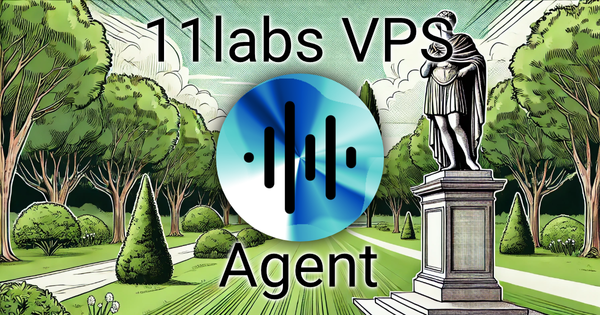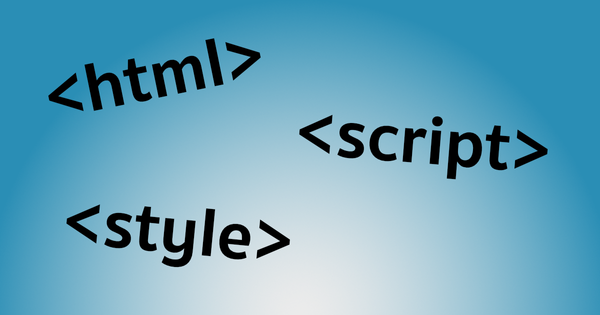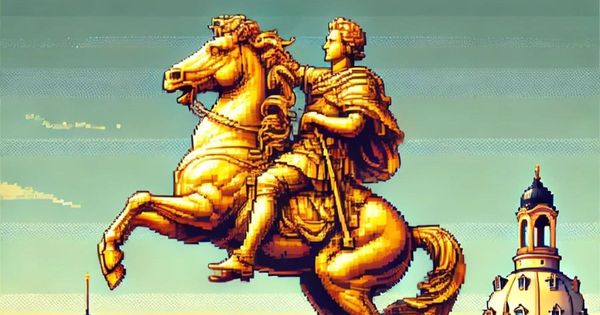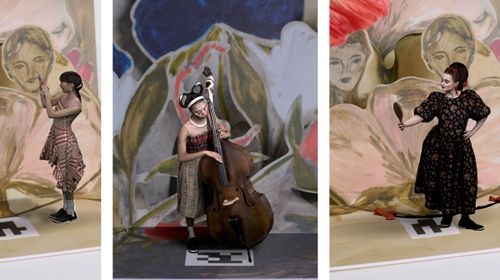
3x3 sliding puzzle Generator. Settings include image of the puzzle, if it should be created on start or on a specific event and how many steps were used for shuffling to increase difficulty.
Sliding Puzzle System Documentation
Components Overview
1. ImageMapper (image-mapper.ts)
Purpose: Handles image splitting and texture mapping for puzzle pieces
Schema
- imgSrc: String - Image source URL
- cubeId: Integer - Piece identifier
- gridSize: Integer - Puzzle dimensions (default: 3)
Main Function
splitImages(imgSrc, world, cubeId, cubeEntity, gridSize)
Splits source image into tiles and maps them to puzzle pieces
2. PuzzlePiece (puzzle-piece.ts)
Purpose: Manages individual puzzle piece behavior and interactions
Schema
- entityName: String - Piece name
- id: Integer - Piece position identifier
Features
- Touch interaction handling
- Piece movement animation
- Position swapping with empty space
- Correct position tracking
3. PuzzleUtils (puzzle-utils.ts)
Purpose: Utility class with helper functions for puzzle mechanics
Constants
DIRECTIONS = {dx: 0, dy: -1}, // up {dx: 0, dy: 1}, // down {dx: -1, dy: 0}, // left {dx: 1, dy: 0} // right GRID_CELL_SIZE = 1.1 // Spacing between pieces
Key Functions
- getGridPosition(): Calculates 3D position from grid index
- isNeighbor(): Checks if pieces are adjacent
- getValidMoves(): Returns possible moves for empty space
- isValidPosition(): Validates grid coordinates
4. SlidingPuzzle (sliding-puzzle.ts)
Purpose: Main puzzle game controller
Schema
- spawnCount: Integer - Grid size
- currently only 3 works without bugs
- imageSrc: String - Puzzle image
- shuffleSteps: Integer - Randomization amount
- startImmediately: Boolean
- startEvent: String - Custom start trigger
Key Features
- Puzzle initialization
- Piece shuffling
- Game state management
- Victory condition checking
- Network move synchronization
System Architecture
The system uses an Entity Component System (ECS) architecture with:
- Touch-based interactions
- Animated piece movements
- Image texture mapping
- Network synchronization
- Victory detection
- Customizable puzzle size and complexity
Configuration
The puzzle can be configured through the schema parameters and can be started either: 1. Immediately upon creation 2. Triggered by a custom event

Other Work by VRketing















